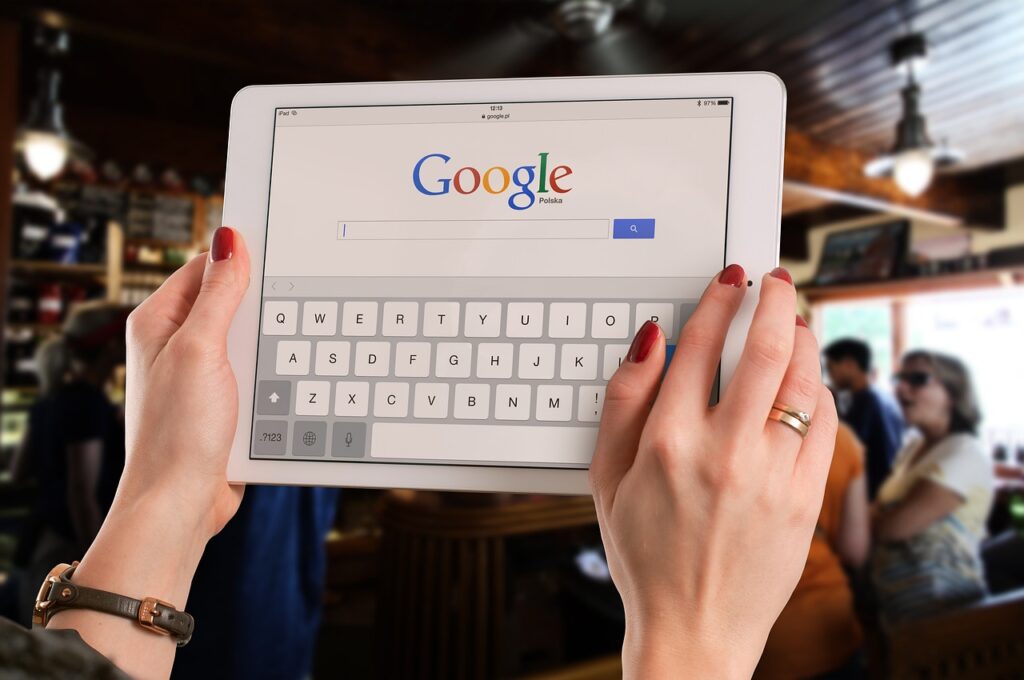Have you ever had a time when you wanted to search for something on the internet but don’t know where to start because you only saved a picture of it? Google Reverse Image Search is your savior!
When you open your Google browser, you’ll notice that there are icons on the right side of the search bar. You can click on the camera icon and upload a photo to get results of where it came from. This can come in handy in multiple situations. So read on to know about how to take advantage of this advanced feature on your Google browser.
What is Google Reverse Image Search?
Instead of the traditional way of looking up things on the internet, Google came up with the brilliant idea of researching using only photos. The technology behind it is mainly based on algorithms and advanced image recognition and computer vision developments.
Among the billions of images, you can look up in Google, every one of these has its unique characteristics, fingerprints, if you will. These fingerprints are scanned by the system to find the match of the photo you just uploaded and searched on the browser.
So when is Google reverse image search useful?
Identifying Unknown Objects or Locations
Ever saved a cool photo of a place you want to visit on your phone but forgot what the place is called? You can reverse image search that. You can find more information about the place aside from its name as well. Google will help you with information on interesting facts about the place, how to get there, what to do when you get there, etc.
This goes the same for any random object that got your attention so you saved a picture but maybe forgot about it and stumbled upon it again. Google can even tell you which website the picture is from.
Verifying Authenticity and Looking Out for Fake News
The internet is a cesspool of liars sometimes. There have been countless instances where photos were taken out of context, or used to spread misinformation to netizens. When you are doubtful of the truth behind an image you saw in an article, you can simply snap a photo of it and hit reverse image search to see if it is factual.
In today’s internet crawling with dis or misinformation, reverse image search is highly indispensable. It helps us research and confirm facts from reputable sources and websites, instead of just taking everything that’s handed to us.
Discovering Similar Images
Photographers are often victims of copyright infringement. And it’s easy to overlook if you’re not careful. What happens is that you upload a photo that you’ve taken to your personal social media or website and Google indexes it, but someone else on the internet sees it and uses it without your permission. This is a violation of your copyright.
So if you are into photography and suspect that your photos are used without your consent or used to spread wrong information, you should reverse image search it and see what pops up. You can then petition the websites using it and maybe even sue them for their wrongdoing.
Locating Where an Image Is From

This is different from finding a location through reverse image search. You can look up a certain photo and find out which website posted it first, who the photographer is, and what’s the story behind it.
This is also useful when you want to use an image and post it on the internet. You can attribute where you got the image from, mention the author, and avoid any copyright infringement issues later on.
Google Reverse Image Search is There For Your Use
The internet is one complicated beast. The people behind websites are another matter entirely. Google created the reverse image search to make it easier for us, users, to look up things on the internet when words fail us. It is a highly advanced tool that we can take advantage of.
However, as you click that search button, always remember that you are accountable for your actions, even on the internet. Make sure to use the tools we have for righteous purposes. Don’t Google reverse image search something so you can use it without permission. Copyright infringement is very common on the internet and when you get caught violating it in the virtual realm, there are real-world consequences to face. Use the tool in moderation, and always, with your humanity in mind.